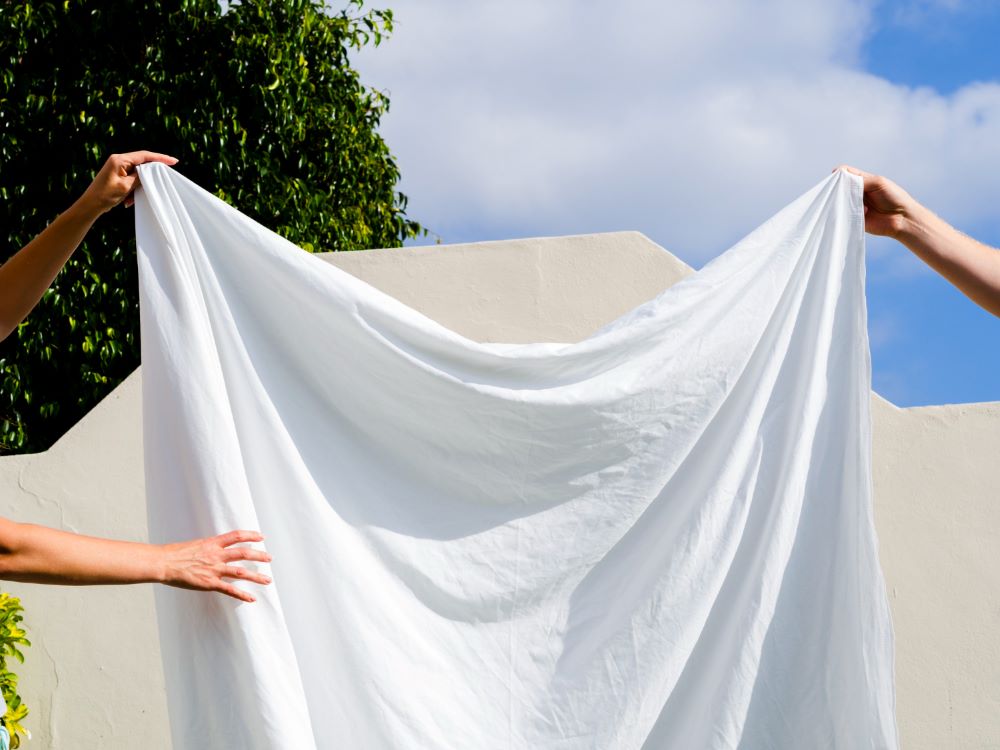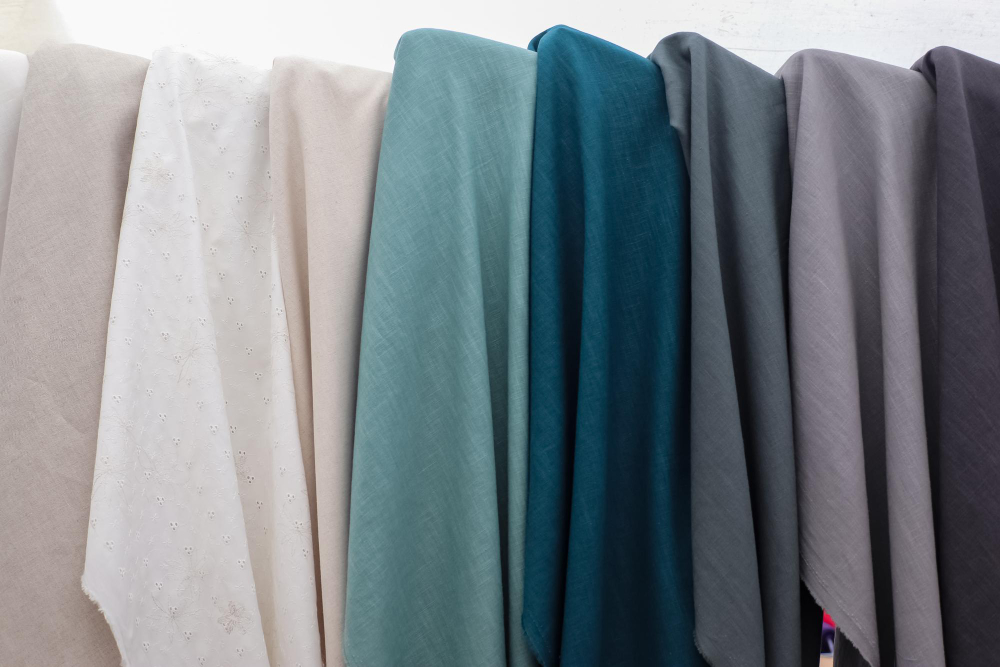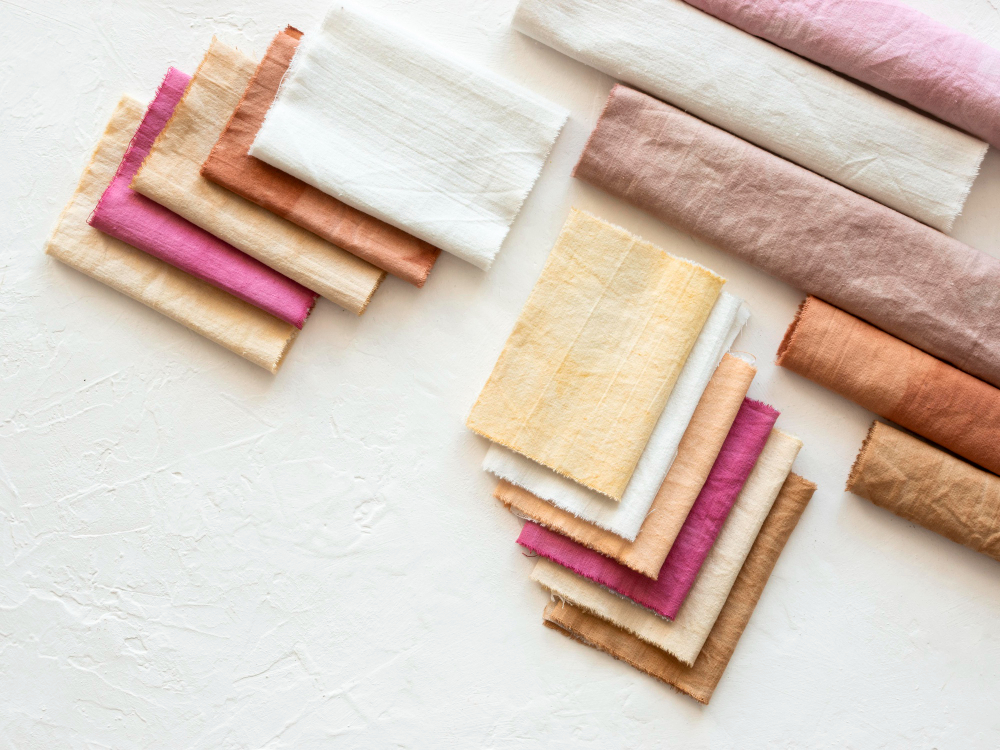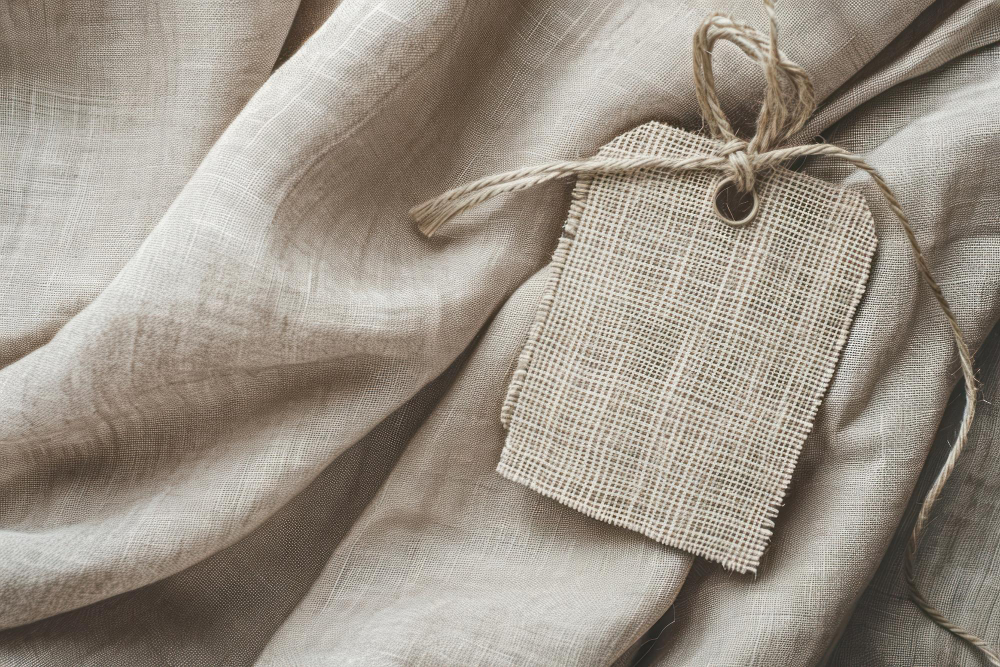Starting a new clothing label is a significant undertaking. Among the many decisions you’ll face, selecting the right material is one of the most critical. For emerging brands, cotton fabric offers a reliable and effective starting point. Its properties make it a practical choice that simplifies production and satisfies customer expectations. This guide will detail why cotton is an excellent material for new designers and how to source it effectively for your brand.
For any new fashion business, managing costs, ensuring quality, and creating appealing garments are top priorities. Cotton fabric helps you meet these goals. It provides a straightforward path from design to finished product, minimizing common manufacturing hurdles. Its widespread appeal also means that garments made from cotton have a broad market, giving your new label a solid foundation for growth. Understanding the practical advantages of this material is the first step toward building a successful clothing line.
Why Cotton is Beginner-Friendly
New clothing labels need materials that are easy to handle and readily available. Cotton fabric meets these requirements, making it an ideal choice for brands that are just starting out.
- Ease of Sewing: Cotton is one of the most manageable fabrics to work with. It is stable, holds its shape well, and is not overly slippery, which reduces sewing errors. This means your production process can be more efficient, saving both time and money. For designers who may be handling initial production themselves, cotton’s cooperative nature is a significant advantage.
- Availability: Cotton is produced globally, making it one of the most accessible fabrics on the market. You can buy fabric online or find it through numerous local and international wholesale fabric suppliers. This widespread availability ensures a consistent supply chain, which is crucial for meeting production deadlines and scaling your business. You will not face significant challenges in sourcing high-quality cotton fabric for your collections.
- Affordability: Compared to many other natural fibers, cotton is relatively inexpensive. This allows new brands to manage their budgets more effectively without compromising on quality. The lower cost of raw materials lets you allocate more funds to other essential areas like marketing and brand development. Starting with an affordable yet dependable material like cotton is a smart financial decision.

Types of Cotton Fabric
Not all cotton is the same. There are various types, each with unique characteristics that can influence the final garment. Understanding these differences will help you select the perfect cotton fabric for your specific designs.
- Organic Cotton: Grown without the use of synthetic pesticides or fertilizers, organic cotton is an environmentally friendly option. It is also hypoallergenic, making it ideal for sensitive skin. For brands focused on sustainability, organic cotton fabric aligns with a message of conscious production.
- Pima Cotton: Known for its extra-long staple fibers, Pima cotton is exceptionally soft and durable. It resists pilling and fading, which means garments made from it have a longer lifespan. This type of cotton adds a touch of luxury to your products and can justify a higher price point.
- Blended Cotton: Cotton is often blended with other fibers like polyester or spandex. A cotton-polyester blend enhances durability and reduces wrinkles, while adding spandex provides stretch and flexibility. Blended cotton fabric is a versatile option for creating garments that require specific performance features, such as athletic wear or form-fitting clothing.
Benefits of Using Cotton
The advantages of using cotton extend beyond its production benefits. This natural fiber offers distinct qualities that customers appreciate, making it a valuable addition to any clothing line.
- Comfort: Cotton is known for its softness and comfort against the skin. As a natural fiber, it is gentle and less likely to cause irritation, which is a key selling point for everyday apparel.
- Breathability: The structure of cotton fabric allows air to circulate freely, making it highly breathable. This property helps regulate body temperature, keeping the wearer cool in warm weather and providing a comfortable base layer in colder climates. This makes cotton a suitable choice for year-round collections.
- Versatility: Cotton can be woven or knit into a wide array of fabrics, from lightweight voiles to heavy denims. It also accepts dyes well, allowing for a full spectrum of vibrant colors. This versatility means you can use cotton fabric to create a diverse range of products, including t-shirts, dresses, trousers, and outerwear.

Tips for Sourcing Quality Cotton
Finding the right supplier is as important as choosing the right material. A reliable partner ensures you receive consistent quality and fair pricing. When you need to buy fabric online, consider these tips for finding dependable wholesale fabric suppliers.
First, always request samples. This allows you to assess the feel, weight, and color of the cotton fabric before committing to a large order. Test the samples for shrinkage and colorfastness to ensure they meet your quality standards.
Next, research the reputation of potential suppliers. Look for reviews and testimonials from other businesses. Reputable wholesale fabric suppliers will have a track record of good customer service and timely deliveries. When you buy fabric online, it is important to work with trusted names. At Fabriclore, we pride ourselves on providing high-quality, customized fabrics with transparent delivery. Other suppliers like Nick of Time Textiles and Zelouf Fabrics also offer a range of options for businesses.
Finally, establish clear communication with your supplier. Discuss your needs, including minimum order quantities (MOQs), pricing, and delivery timelines. A good supplier will work with you to find solutions that fit your business needs.
Sustainable Cotton Options
Sustainability is becoming increasingly important to consumers. Offering eco-friendly products can be a major differentiator for a new brand.
- Organic Cotton: As mentioned earlier, organic cotton fabric is grown using methods that have a lower environmental impact. It is a strong choice for brands that want to build an identity around sustainability and responsible sourcing.
- Recycled Cotton: This type is made from post-consumer or post-industrial cotton waste. It reduces landfill waste and conserves the resources required to grow new cotton. Using recycled cotton demonstrates a commitment to a circular economy.
Highlighting your use of sustainable materials can attract a loyal customer base that shares your brand’s values. When you partner with wholesale fabric suppliers who specialize in sustainable textiles, you reinforce this commitment.

Care and Maintenance
Proper care extends the life of a garment. Providing clear care instructions to your customers adds value to your products and shows that you care about their longevity. Most cotton fabric is easy to maintain. It can typically be machine-washed and tumble-dried. However, different weaves and blends may require specific care. For example, delicate cotton voile may need a gentle cycle, while 100% cotton denim is best washed in cold water to prevent fading. Always include clear, simple washing instructions on your garment labels.
Your Path Forward with Cotton
For new clothing labels, cotton fabric is a strategic choice. Its ease of handling, affordability, and wide availability simplify the production process. At the same time, its comfort, breathability, and versatility appeal to a broad consumer base. By selecting the right type of cotton and sourcing it from reliable wholesale fabric suppliers, you can build a strong foundation for your brand. Whether you choose to buy fabric online or through direct partnerships, focusing on quality cotton will help your new label create products that customers will love.

